I found already about 5 answers, tried all of them and didn't get it working.
Env: Ubuntu 12.04/ Indigo
Run->External Tools->External Tools Configuration...
Created new Program Location: /usr/bin/javah /*$ which javah gives /usr/bin/javah */
Working directory: ${workspace_loc:/MyProject/bin/classes}
Attributes: -d ${workspace_loc:/MyProject/jni} com.myproject.MyActivity
Result of RUN: Could not find class file for 'com.myproject.MyActivity'
Run from terminal gives same result maxim@ubuntu:~/workspace/MyProject/bin/classes$ javah -jni com.myproject.MyActivity
Error: cannot access android.app.Activity class file for android.app.Activity not found maxim@ubuntu:~/workspace/MyProject/bin/classes$
SDK/NDK installed, external paths added. How to add missing parts? Thanks everybody.
Edited Jul 3
Moving native lib loading to a separate class solved the problem

